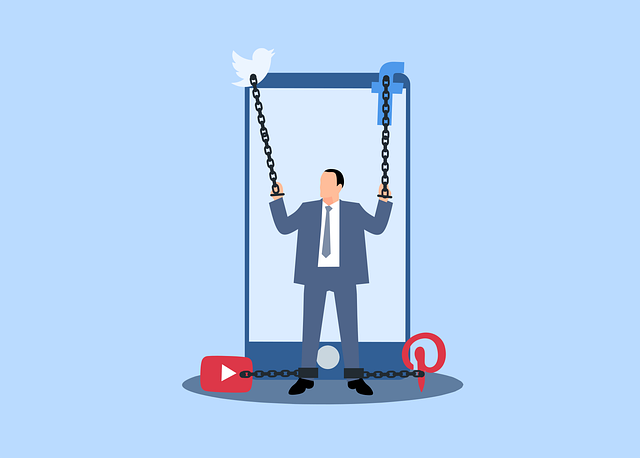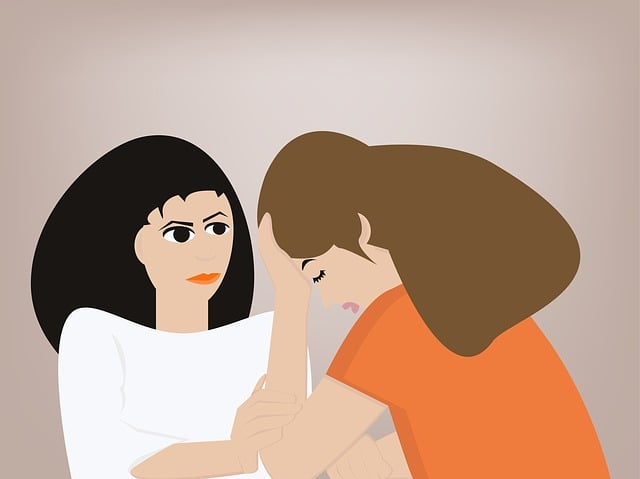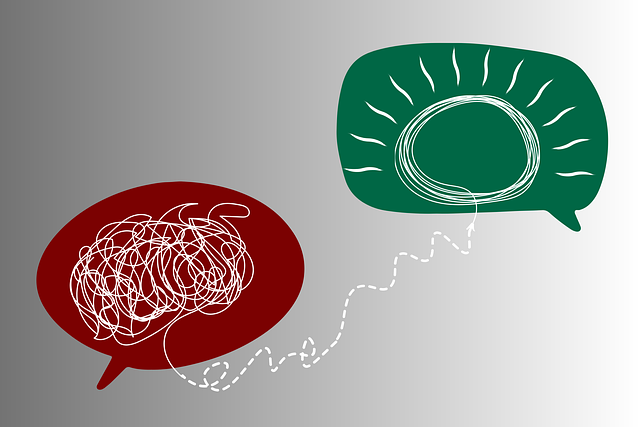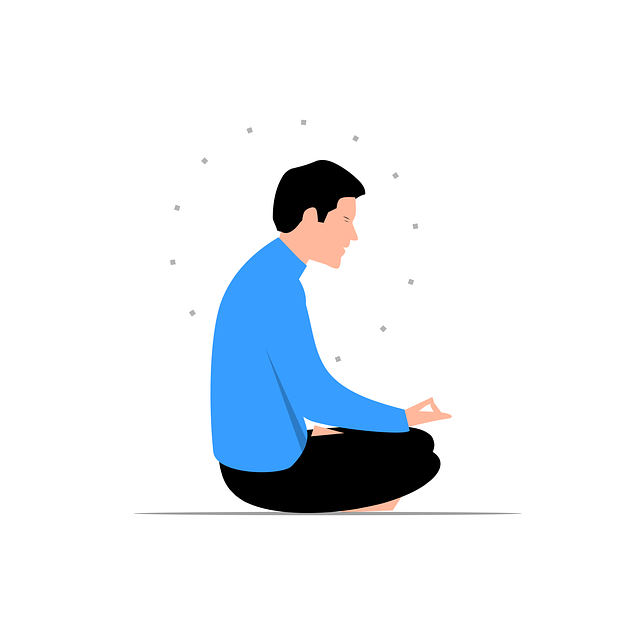Mindfulness meditation is a powerful tool for improving mental wellness among young adults speaking Hebrew, offering cultural relevance and practical solutions. Through simple practices like breath observation and guided meditations accessible via podcasts, individuals can enhance emotional regulation, cultivate positive thinking, and build resilience against life's challenges. Dedicated home meditation spaces further support these benefits, reducing stress and stigma around mental health issues. Structured workshops by organizations like Stress Management Workshops Organization introduce diverse mindfulness techniques, empowering young adults to integrate these practices into daily life for holistic emotional well-being.
Mindfulness meditation is transforming lives, especially among young adults. This practice offers a powerful tool for navigating life’s challenges, promoting mental well-being, and cultivating resilience. In this guide, we explore mindfulness from a unique perspective—its benefits within Hebrew-speaking communities. We provide practical steps to establish a personal meditation space, offer beginner-friendly techniques, and share strategies to integrate mindfulness into daily routines. Discover how mindfulness can enhance your mental health and become an accessible therapy for young adults in Hebrew-speaking settings.
- Understanding Mindfulness Meditation for Young Adults
- The Benefits of a Regular Practice in Hebrew-Speaking Communities
- Setting Up Your Personal Meditation Space
- Guided Techniques and Exercises for Beginners
- Integrating Mindfulness into Daily Life: Tips and Strategies
Understanding Mindfulness Meditation for Young Adults

Mindfulness meditation has gained significant popularity among young adults as a powerful tool for enhancing mental wellness. This ancient practice encourages individuals to focus on the present moment, non-judgmentally, thereby fostering emotional regulation and overall peace of mind. For Hebrew-speaking young adults seeking therapy, mindfulness becomes an accessible and culturally relevant approach. It allows them to reconnect with their inner selves, understand their emotions, and develop a healthier relationship with their thoughts.
Incorporating mindfulness into daily routines can be as simple as dedicating 10 minutes for silent observation of one’s breath or engaging in guided meditations available through various mental wellness podcast series production platforms. The consistent practice promotes positive thinking and helps individuals navigate life’s challenges with greater clarity and resilience. By learning to manage stress and emotions effectively, young adults can improve their overall quality of life and create a lasting impact on their emotional well-being.
The Benefits of a Regular Practice in Hebrew-Speaking Communities

בקהילות דוברות עברית, תרגול מדיטציית מודעות יכול להביא תועלות משמעותיות, במיוחד עבור צעירים במסע שלהם לעבר בריאות נפשית טובה יותר. מעבר ליתרונות הרבים של מדיטציה על הבריאות הנפשית והפיזית, היא מספקת מרחב בטוח להתמודדות עם אתגרים רגשיים. עבור צעירים המתמודדים עם לחצים ייחודיים או מצוקה נפשית, תרגול קבוע יכול לשמש ככלי עוצמתי לניהול סטרס ולקידום רווחת הנפש.
בנוסף ליתרונות הכלליים של מדיטציה, יש לה תפקיד משמעותי במאמצי הפחתת הסטיגמה סביב מחלות נפש בקרב דוברי עברית. באמצעות תרגול קבוע, צעירים יכולים לפתח שגרת טיפול עצמי, הכוללת מודעות לרגשותיהם ומחשבותיהם, מה שמסייע בבניית חוסן נפשי. זה יכול להוביל לשיפור ביכולת להתמודד עם מצבי משבר ולספק כלים יעילים לניהול לחצים יומיומיים.
Setting Up Your Personal Meditation Space

Creating a dedicated meditation space can significantly enhance your mindfulness practice. Start by choosing a quiet area in your home where you feel comfortable and safe. Transform this spot into a sanctuary for relaxation and introspection. Consider adding soft lighting, comfortable seating or a mat, and perhaps some calming decor like plants or artwork that speaks to you. This personal space should be free from distractions, allowing you to focus on your breath and thoughts without interruption.
For Hebrew-speaking young adults seeking therapy and mindfulness solutions, establishing this peaceful haven can play a pivotal role in mental health improvements. By incorporating mindfulness meditation into your routine, you take proactive steps towards mental illness stigma reduction efforts. A consistent practice may aid in mood management, promoting a sense of inner peace and control over one’s emotional well-being.
Guided Techniques and Exercises for Beginners

For young adults navigating life’s challenges, mindfulness meditation offers a powerful tool for emotional well-being promotion techniques. As a form of therapy for young adults speaking Hebrew, guided techniques provide a supportive space to explore one’s thoughts and emotions without judgment. Exercises like focusing on the breath or body scans can help individuals cultivate present-moment awareness, a key aspect of burnout prevention strategies for healthcare providers.
Beginning meditators can benefit from structured workshops organized by Stress Management Workshops Organization. These sessions often introduce various meditation practices tailored for beginners, allowing participants to discover what works best for them. By incorporating mindfulness into daily routines, young adults can develop effective stress management skills and enhance their overall emotional resilience.
Integrating Mindfulness into Daily Life: Tips and Strategies

Integrating mindfulness into daily life can be a powerful tool for young adults navigating their emotional landscape. Starting small and building consistent practices is key. Consider incorporating mindful moments during routine tasks: engage all senses while brushing your teeth, notice your breath while commuting, or savor each bite during meals. This helps train the mind to remain present and aware throughout the day.
For those seeking deeper engagement, a mental wellness journal can serve as a valuable companion. Journaling exercise guidance tailored to Hebrew-speaking young adults can help process emotions, track thoughts, and identify patterns. Additionally, cultivating communication strategies that encourage open and non-judgmental dialogue with peers or trusted individuals can enhance emotional regulation skills. These practices collectively contribute to a more balanced and resilient mindset.
Mindfulness meditation offers a powerful tool for young adults, especially within Hebrew-speaking communities, seeking therapy and personal growth. By integrating this practice into daily life, individuals can harness its numerous benefits, from stress reduction to improved emotional well-being. The techniques and strategies outlined in this guide aim to empower beginners to create their own meditative sanctuary, fostering a sense of calm amidst the hustle and bustle of everyday life. Embrace the transformative power of mindfulness and unlock your full potential today.










